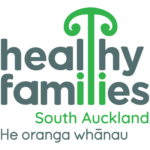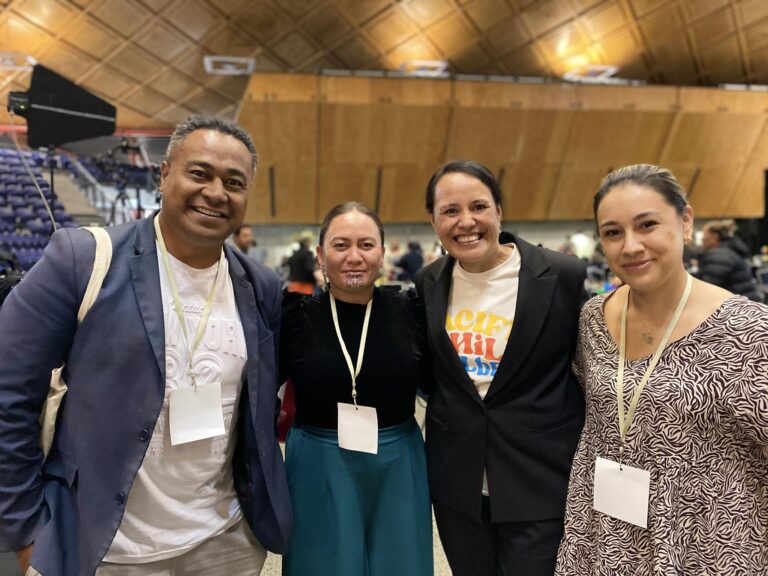
Tracey (second from left), with Jerome Mika, Mary Roberts of Moana Connect, and fellow Systems Innovator, Ashlynn Ale (far right).
Tracey Walker, a cornerstone of our HFSA team, may be petite in stature, but her impact is both commanding and courageous. She exudes confidence, charisma, and beneath her strong exterior lies a heart-warming personality that is always poised to lend a hand or offer comforting words. A mother of two children, Tracey’s presence is a beacon of strength for our team.
Tracey offers us a peek into her work with the Oranga Whakapapa and Early Years initiatives.
Can you provide a brief overview of your role and responsibilities within the Early Years/Oranga Whakapapa initiative?
In my capacity as a Māori Systems Lead, one of the fundamental aspects of my role is the integration of Māori indigenous knowledge and frameworks into the practical workings of the prevention system. The Oranga Whakapapa team work to bridge the gap between traditional Māori knowledge and western prevention methodologies. This involves collaborating with local Māori communities, tribal authorities, and cultural experts to ensure that the prevention system is culturally sensitive and relevant.
Māori knowledge is not just a historical artifact but a living and evolving resource that can significantly contribute to the effectiveness of the prevention system!
In addition, I am at the forefront of the Early Years initiative. This particular aspect of my work has been a source of personal fulfillment and professional growth over the years. The Early Years initiative is an area that I have come to deeply appreciate due to its critical importance in shaping the future of our tamariki, the future leaders of our community.
What current system needs to change and how can our work influence or address the issue?
Early childhood education centers (ECEs) play a vital role in promoting the well-being and future opportunities of children. Nevertheless, barriers like professional advancement and establishing connections with whānau and communities create obstacles that can impede the development of a robust, health-promoting environment for everyone.
The early childhood system should be concentrating on reshaping the fundamental support structures including fostering stronger connections within whānau and increasing educational resources to ensure better outcomes for tamariki.
By focusing on early intervention and holistic development, we can lay the groundwork for lifelong success.
Simultaneously, in the Oranga Whakapapa space, our efforts need to centre around preserving Māori ancestral knowledge, wellness frameworks, and integrating invaluable insights into contemporary systems for the well-being of our communities in the places where we live, learn, work and play.
Share a highlight that’s excited you or any recent developments of working on the Early Years and Oranga Whakapapa initiatives?
The Oranga Whakapapa initiative has produced a foundational document signifying the initial steps of collaboration between TCC and Tangata Whenua in a genuine Tiriti partnership.
The foundational document will help us to establish mechanisms for Māori participation in decision-making processes that address broader socioeconomic disparities that contribute to health inequalities for Māori in South Auckland. This inclusion allows Māori voices to be heard and considered, leading to more equitable and culturally sensitive policies and services.
As a Lead, what’s a lesson you’ve had to quickly learn?
System change will not happen overnight and that it is a gradual process that involves altering ingrained mindsets, structures, behaviours, and relationships within a complex system. Change is hard and if we want our South Auckland community to thrive then we must shake and shift the systemic conditions that continue to immobilise our people.
When thinking about your work, do you draw inspiration from your whānau, culture, and lived experiences?
My work is deeply influenced by my whānau, culture, and lived experiences growing up and living in South Auckland. My whānau, which includes my immediate family and the broader South Auckland community, has always been a source of support and inspiration for me. The values and traditions passed down through generations are at the core of my approach to work. My culture plays a significant role in shaping my perspective and informs how I approach challenges and opportunities. It provides me with a rich layer of insight, storytelling, and enlightenment that I bring to my work.
Lived experiences, both personal and professional, are instrumental in shaping my work. They have given me a deeper understanding of the needs and aspirations of the people I serve.
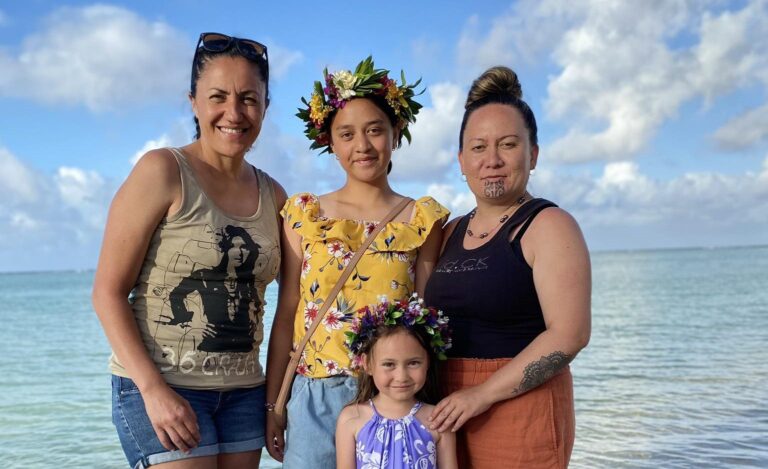
Above: Tracey (in black) with wife Nicola and their two girls on holiday in the Cook Islands
What are your future goals?
My ultimate goal is to envision a future where my role becomes obsolete and I can assert with confidence that the pervasive gaps of inequity in South Auckland have been eliminated. The individuals, communities, and the future I am dedicated to serving are not just thriving but flourishing.
If you were to create a playlist that captures the spirit of your efforts in the Early Years/Oranga Whakapapa team, what songs would be on it and why?
When it comes to music, NZ Classics without a doubt!
My top 3 are:
“In the Neighbourhood” by Sisters Underground: This timeless track resonates with the music of my upbringing. It’s a feel-good song that connects parents of my generation in South Auckland, evoking a sense of relatability.
“French Letter” by Herbs: An enduring classic that continually reminds me of the enduring importance of advocating for indigenous rights, no matter the era.
“Waka” by Chē Fu: This song is a personal representation of my affection and connection to South Auckland, reflecting the essence of my relationship with our communities.
